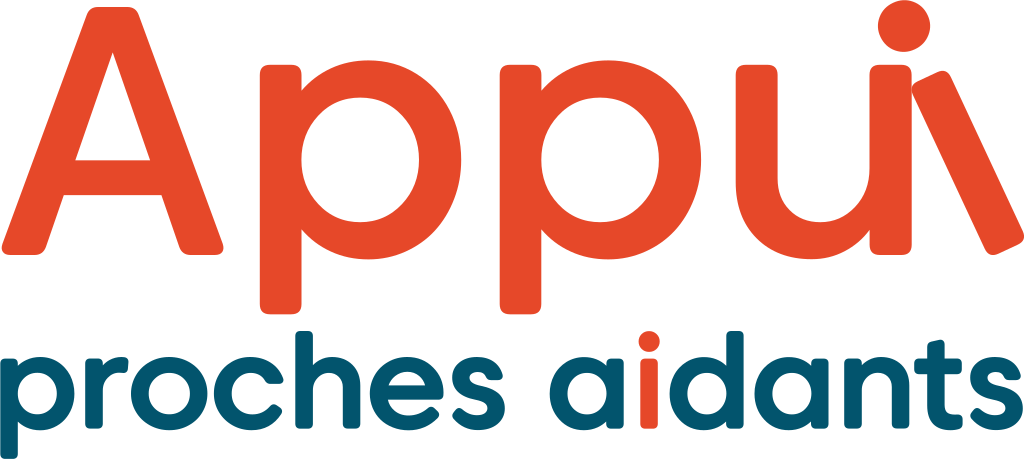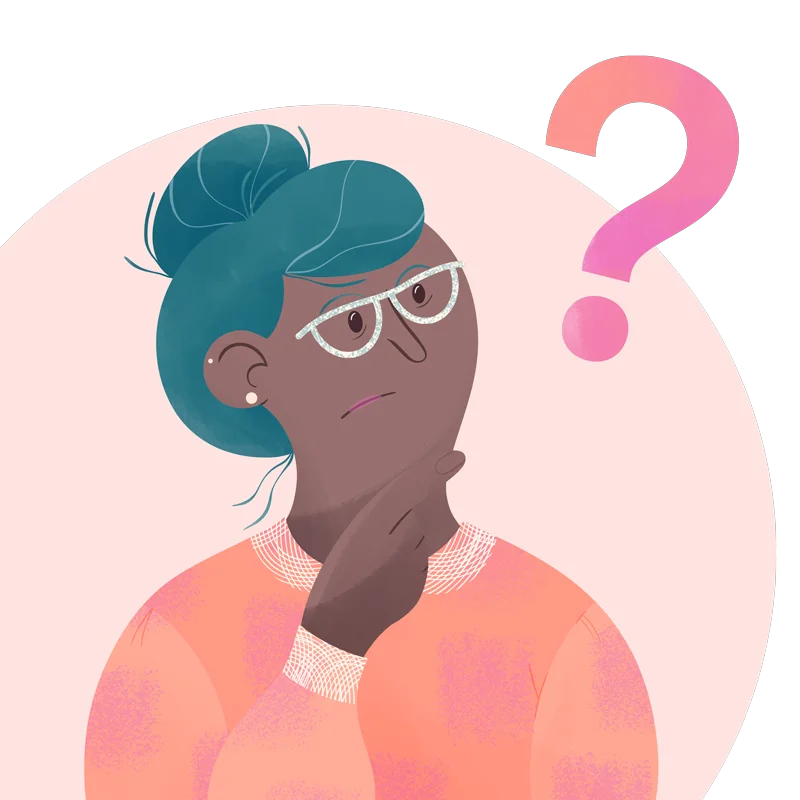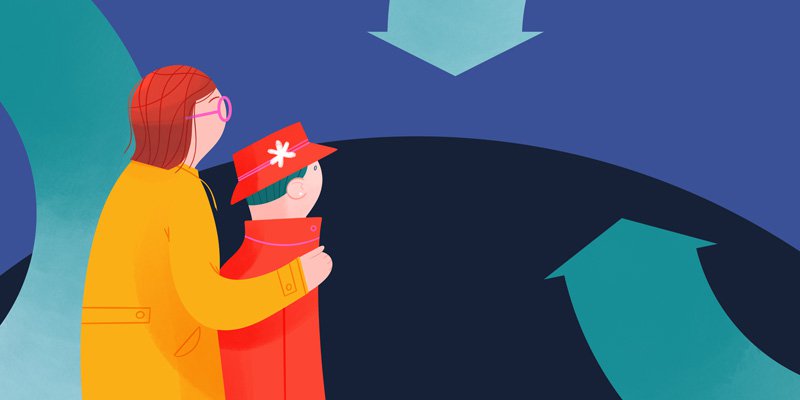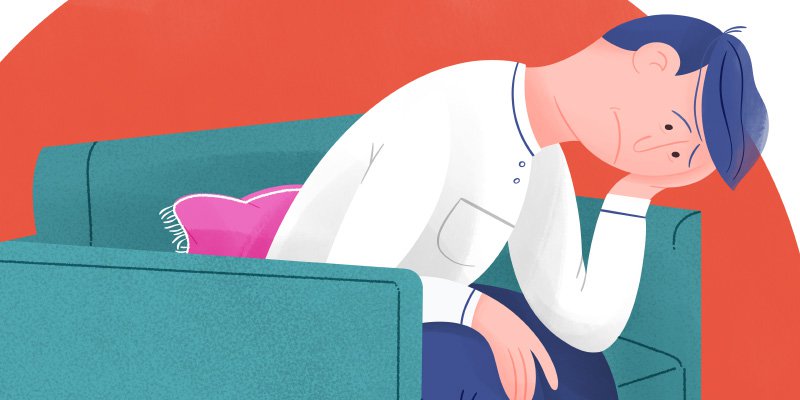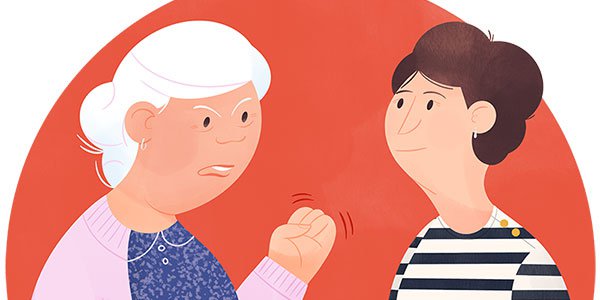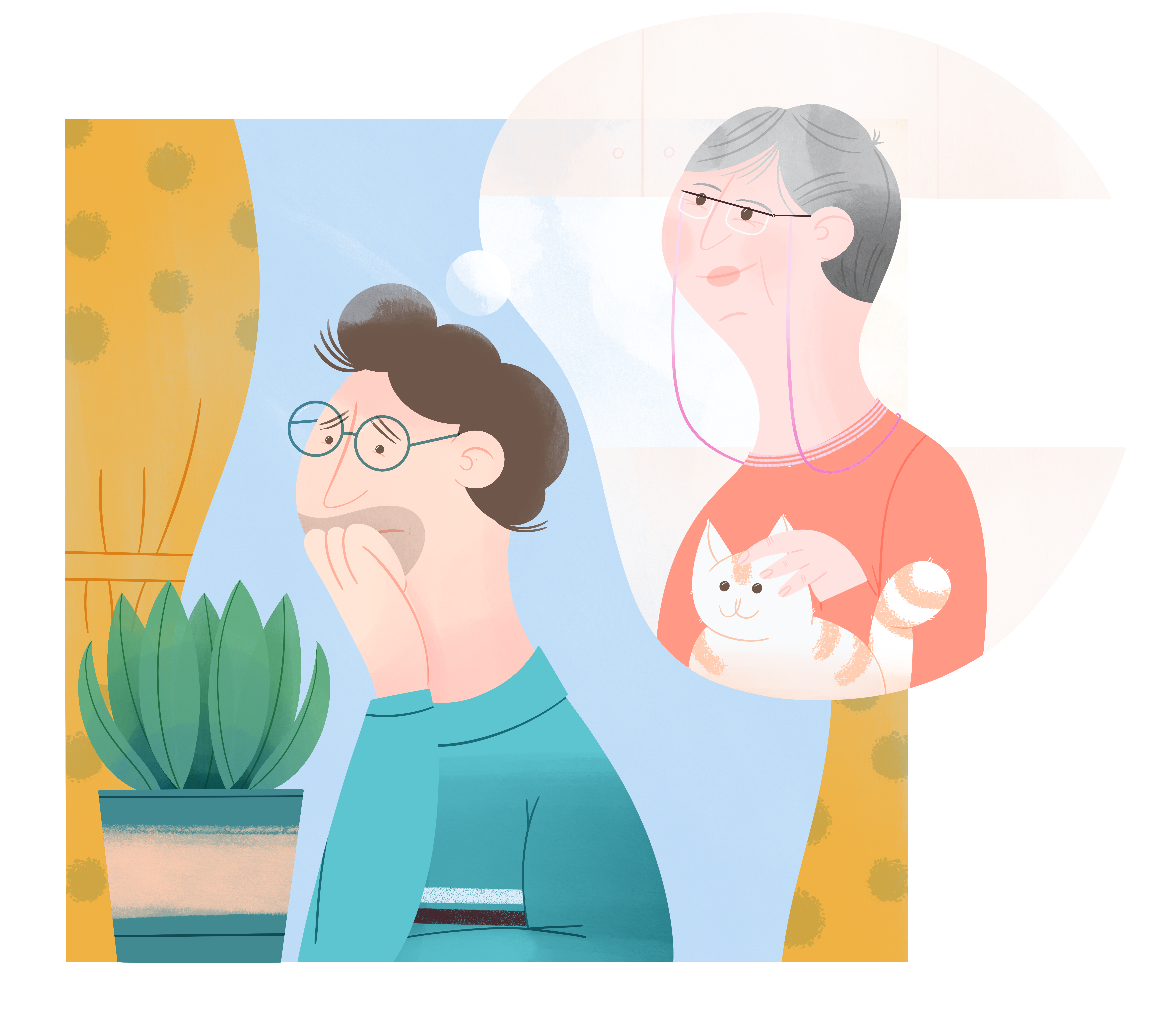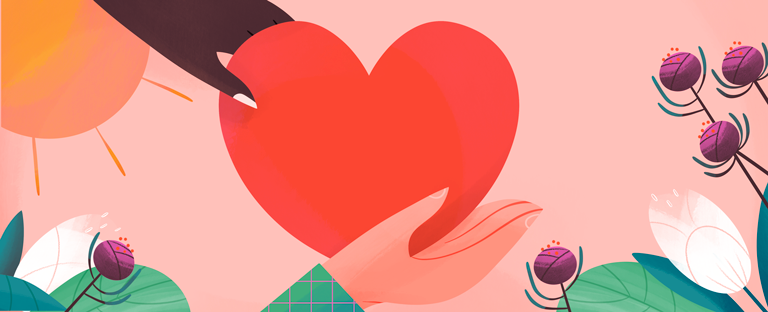1. I am a caregiver if the care receiver is a member of my family
Being a caregiver is above all about having an emotional relationship with the care receiver —a neighbour, friend, former life partner—such that we respond to their need. Care receivers are thus not just seniors or members of our family.
Providing support to a loved one very often appears as commonplace. However, the notions of duty and obligation can also push caregivers – especially family members - to get involved. However, it is not necessarily clear or natural to accept this responsibility. Different reasons may lead you to accept or not accept this role. Know that you have no obligation to take it on. The most important thing is for you to make your decision based on your resources, your skills, and also your wishes.
2. I am a caregiver only if I live with my loved one
You don’t have to live with a loved one needing support to be a caregiver. Through your actions, you can help them continue to live in their home. And if your loved one lives in a CHSLD, for example, your role as a caregiver may translate into accompanying them to medical appointments or helping them complete legal documents.
3. I am a caregiver only if I provide more than five hours a week of support to my loved one for major care
You are a caregiver from the moment you provide help to a loved one, whether casually or regularly. The scope of the help is not part of the definition of your role either. Whether you support them by doing household chores, helping them with personal care or managing their finances, the help you provide to them has the same value. According to the Act to recognize and support caregivers, which came into force in October 2020, “support is continuous or occasional, and short- or long-term, and is provided on a non-professional basis and in a free, enlightened and revocable manner.”
4. I am a caregiver if I have medical knowledge
Your presence, your support, your listening, your availability as needed, these are the things your loved one will need. If specific care with which you are unfamiliar must be provided to them, you can take specialized training. For situations requiring serious medical care, professionals in this field are there for you.
5. Caregivers are mostly people 65 years and over
Did you know that 55% of caregivers are between 45 and 64 years old? However, young caregivers, between 15 and 29 years old, are increasingly common. There are reportedly 1.2 million in Canada, a figure highlighted during the First Symposium on Young Carers held on March 22, 2019.
6. A loved one can only be supported by one caregiver
As the primary caregiver, you support your loved one most of the time. Do you feel alone in providing care? Very often, caregivers have difficulty asking for and accepting help. In other cases, the diagnosis of the care receiver happens so quickly that you don’t have time to consider all the options. Are you the only person willing and able? It is important to talk about your situation to your family and friends, so they know how to help you. These people then become secondary caregivers and can also provide you with psychological and emotional support. Far from being a common situation, the presence of secondary caregivers is ideal, especially to provide some respite to the primary caregiver. The caremap might help you in this process by identifying your needs and your support network.
7. I am no longer a caregiver if my loved one has died
If you have had to face the death of a loved one to whom you provided care, you know that this period is especially difficult. Not only are you grieving your loved one, but also your role as a caregiver. And while this event marks the end of your daily or regular care, other steps may require your involvement and prolong your caregiver journey. You may have to make funeral arrangements, resolve estate details, and plan your return to work, which are sometimes difficult tasks. It is also important for you to be accompanied in the transition between your role as a caregiver and your life after caregiving. During this stage that we call post-caregiving, grief support resources are available. In fact, the 1-888-LE-DEUIL (1-888-533-3845) help line is available throughout Quebec. Some regional organizations may also be able to provide grief support groups or individual grief support.
8. I am a caregiver, if I have a legal document that states that I am
You don’t need any legal documentation to support your loved one. Regarding your caregiver status, some of the current measures in place – such as tax credits – partially recognize the responsibilities you shoulder in this role. The Government of Quebec’s first Politique nationale pour les personnes proches aidants [national policy for caregivers], which helps consolidate the recognition of caregivers, was introduced in April 2021. It stems from the Act to recognize and support caregivers. It will be followed in fall 2021 by an action plan proposing tangible measures to meet their needs.
9. I am a caregiver only if the care receiver has cognitive impairments
In your role, you support one or more members of your circle with a temporary or permanent physical, psychological, psychosocial or other disability, regardless of their age or living environment. A person may be the caregiver of a loved one with loss of autonomy related to ageing, a loved one with a neurodegenerative disease (e.g. Parkinson’s, Alzheimer’s, MS, etc.), a loved one with cancer, a physical or mental impairment, autism spectrum disorder or a mental health issue, to name just a few examples.
10. It is useless to ask for help, because there are no resources for caregivers
Resources exist, but many people do not know where to find them. Lack of time or proximity of services may also be major barriers to accessing resources. In order to benefit from support, it is important that you recognize yourself as a caregiver. Assess your challenges and your needs and then ask for help.



